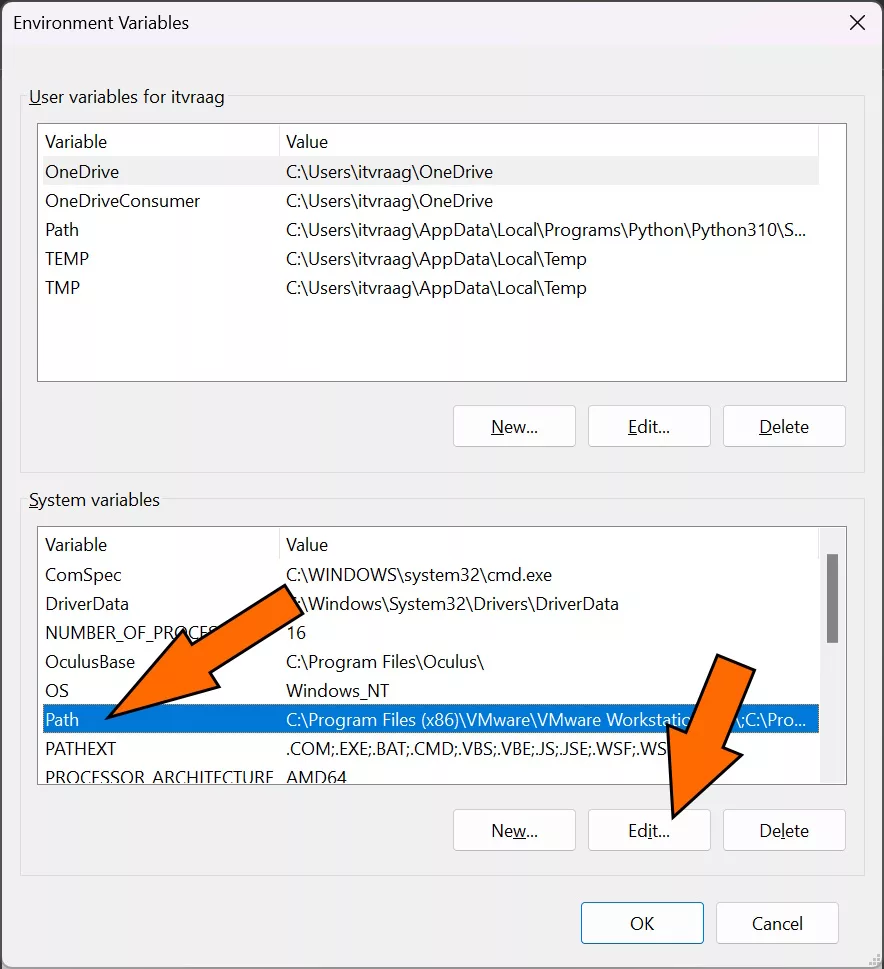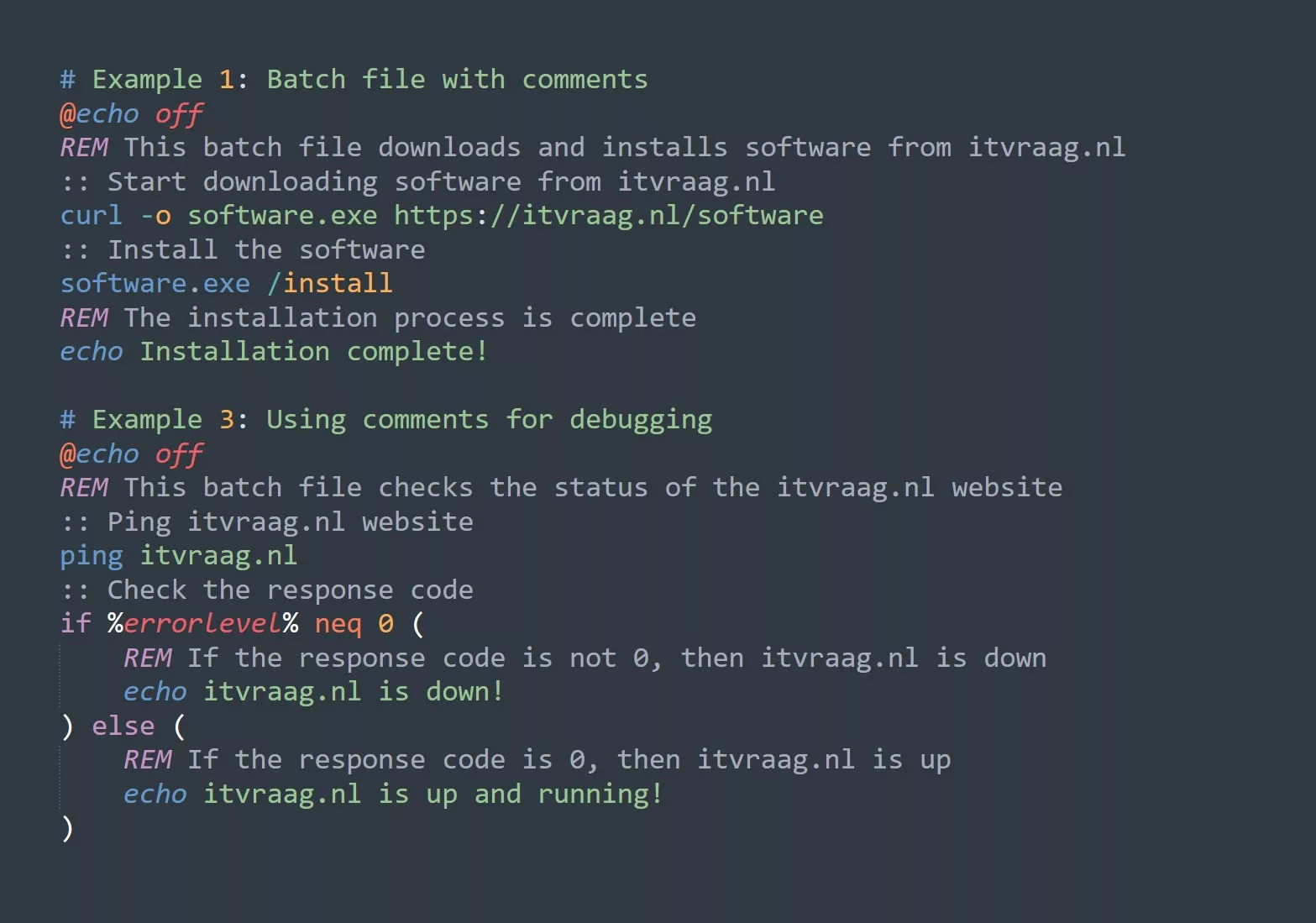The Linux echo command is a simple but powerful tool that allows you to print text to the terminal or to a file. It is often used in shell scripts or as a way to quickly test a command without having to write a full program.
One of the most common uses for echo is to print a string of text to the terminal. For example, you might use it like this:
echo "Hello, world!"
This would output the following to the terminal:
Hello, world!
You can also use echo to print the contents of a variable or the output of a command. For example:
site=itvraag.nl
echo "The site is $site"
This would output the following:
The site is itvraag.nl
Another useful feature of echo is the ability to redirect its output to a file. This can be done using the > operator, like this:
echo "This text will be written to a file" > output.txt
This will create a new file called output.txt and write the specified text to it. If the file already exists, it will overwrite the contents.
Something that many people probably don’t know about echo is that it can also be used to create empty files. This can be done using the > operator and specifying a file name, but not providing any text to write. For example:
echo > empty.txt
This will create a new, empty file called empty.txt. This can be useful when you need to create a placeholder file or when you want to reset the contents of a file without deleting it.
Bonus
# print a string to the terminal
echo "Hello, World!"
# print the contents of a variable
name="John"
echo "My name is $name"
# print without a newline at the end
echo -n "Enter your name: "
read name
echo "Hello, $name"
# print multiple arguments, separated by a space
echo "arg1" "arg2" "arg3"
# print multiple arguments, separated by a custom separator
IFS=','
echo "arg1" "arg2" "arg3"
# print to a file
echo "Hello, World!" > output.txt
# append to a file
echo "Hello again!" >> output.txtIn conclusion, the echo command is a versatile tool that can be used for a variety of tasks, from printing text to the terminal to creating and manipulating files. Whether you’re a seasoned Linux user or just starting out, echo is an essential command to have in your toolkit.



